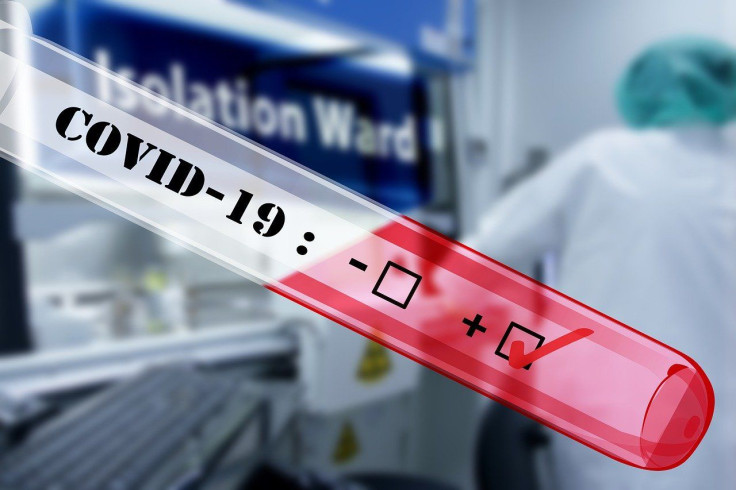College Students May Need COVID-19 Testing Every 2-3 Days To Ensure Campus Safety, Study Says

KEY POINTS
- Health safety of students when colleges reopen this fall is a primary concern
- A study suggests that students need to be tested for COVID-19 every two or three days
- This may help avoid an outbreak in campuses
College students may need to undergo COVID-19 testing every other day to ensure the safety of everyone on the campus when they reopen this fall.
A new study looking at the risk of coronavirus infection in college campuses suggests COVID-19 testing for students almost every other day as one of the measures to avoid outbreaks. In the study, titled "Assessment of SARS-CoV-2 Screening Strategies to Permit the Safe Reopening of College Campuses in the United States," David Paltiel, lead researcher and health policy professor at the Yale School of Public Health, said testing is necessary to prevent outbreaks that endanger vulnerable people within campuses as well as the surrounding community.
Paltiel said the team analyzed thousands of possible scenarios that might lead to a mini-outbreak in college campuses and found that the U.S. Centers for Disease Control and Prevention (CDC) guidelines, which many academic institutions are following, may not be enough to handle such an outbreak.
The CDC suggests schools to observe students for symptoms and use those signs to trigger isolation, testing, contact tracing, and quarantine. "We explored thousands of scenarios, and we didn't find a single plausible circumstance under which that kind of strategy would be sufficient to contain an outbreak," the lead author said, US News & World Report reported.
Paltiel and his team used epidemic modeling in their study to assess various monitoring programs that would reduce COVID-19 cases and also keep the ability of a particular college to isolate and quarantine infected cases. The research team said all the infection prevention strategies in place, which include wearing masks, frequent hand-washing, social distancing in dorms and classrooms, abolishing buffet dining and limited sharing of bathrooms, are vital to prevent outbreaks in college campuses.
Nevertheless, based on results of Paltiel's research published July 31 in JAMA Network Open, these safety measures will go waste if no regular COVID-19 testing is performed on students. Paltiel said the reason for this is that highly infectious asymptomatic silent spreaders can transmit the virus to others.
He said just symptom-based monitoring is not sufficient to contain an outbreak. "You can't play catch-up with this virus, and any school that thinks it can test and respond only when symptoms have been observed, it's like a fire department that only responds to calls when the house is already known to have burned down," Paltiel said.
But the expenses for testing students every other day would be high. For instance, colleges would have to pay an additional $120 per student for every semester for students to undergo weekly COVID-19 screening tests, $470 if screening is done every other day and $910 if there is a need for a daily screening. Admitting that it is expensive, Paltiel said cost may decrease soon as cheaper COVID-19 tests become available. "I don't want to downplay the cost or logistics. It's a lot. But it's not beyond reach," the lead author said.
© Copyright IBTimes 2025. All rights reserved.





















